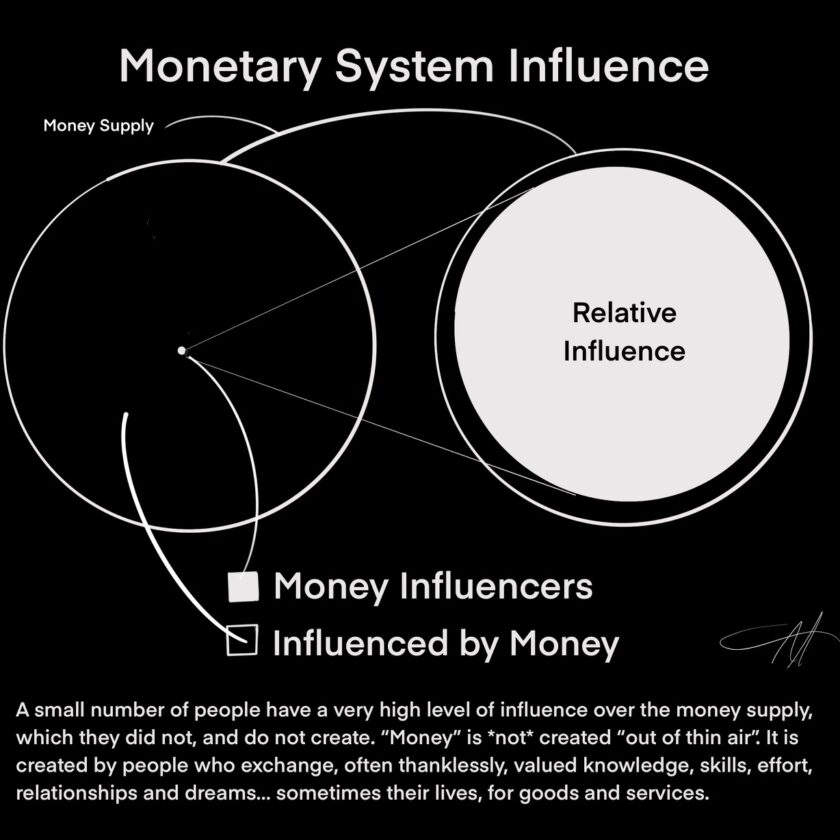A Thoughtful Look at Descartes’ Axiom
While he made important contributions in the fields of mathematics and science, one axiom presented by French philosopher René Descartes (1596-1650), still retains its original freshness: I think, therefore, I am. As originally written in Latin, the phrase reads: cogito (I think), ergo (therefore) sum (I am). These words have, in all likelihood, given many readers something to think about already, as questions to the nature of reality and being are even more natural, and I dare say nourishing, than apple pie.
Descartes’ famous axiom represented a distillation of truth down to its essential element, which he determined to be thought. The purpose of his distillation was to prove, beyond doubt (reasonable or unreasonable) his existence, to himself. Thought, and his place—the Thinker—as a constant conduit thereof, represented his “proof.”
While this Thought for Food moment is not about proof of our existence, it is fitting to acknowledge Descartes as we connect another “dot” of understanding to that which flows naturally from the original cogito ergo sum. It is a Fresh insight that reads:
I think “I am,” therefore I am (Cogito “sum,” ergo sum)
Think about it.
External evidence appears to confirm inner feeling.
Isn’t this really what we’re doing in life: thinking that we are something, being it, acting on it, reacting to it, and our experiences with others reflecting what we think we are, whatever “it” happens to be? Aren’t we generally doing it based on external evidence, which includes where others have told us how to think about this or that issue? This example could be applied to any and every state or quality of human experience, stated or unstated, positive or negative.
When uttered in our mind, and sometimes verbalized, we “fill in the blanks.” Here are a few examples:
I think I am weak, therefore…
_ _____ _ __ ill, _________…
_ _____ _ __ weak, _________…
_ _____ _ __ unable, _________…
_ _____ _ __ able, _________…
_ _____ _ __ below, _________…
_ _____ _ __ strong, _________…
_ _____ _ __ above, _________…
_ _____ _ __ separate, _________…
_ _____ _ __ one, _________…
_ _____ _ __ hated, _________…
_ _____ _ __ loved, _________…
This axiom also applies to our thoughts about the role that others play in our lives; measured as they are against the litmus test of our own judgment.
Wise cracker: “I think he is dumb, therefore, he is, to me.”
Democrat: “I think republicans are racists; therefore, they are, to me.”
Conservative: “I think liberals are _______; therefore, they are, to me.”
Other truths can and most likely will apply to any thought in question. However, they will apply to the owners of the thought, whatever it may be. “Owners” of the thought includes everyone who resonates with its ideology.
Experience, as we know it, will then bear witness to the “truth” of our inner thoughts and beliefs. When we change our thinking, which stem from underlying beliefs, our experiences will change. By all indications, the power to do so rests inside every human being on earth.
Imagine the wonderful possibilities that might happen as more people come to deeply appreciate the natural, implicit, and powerful connection between our thoughts and experiences. With further practice, we will develop and empower compound axioms.
I think that I am safe, therefore I am.
I think that I can transcend, therefore I can.
I think that hatred can’t harm me, therefore it can’t.
I think that love protects and empowers me, therefore it does.
Experiencing frail health most of his life, René Descartes had a practice of staying in bed until 11 am each day. The purpose of this practice was not to feel bad, or get extra sleep, but to reflect, contemplate, think. His body of writings represents the tangible evidence of his insights and realizations. The body of human history, that was able to advance on the strength of Descartes’ insights, stands as proof of the enduring power of his thinking. Let us add to that body, by being nourished each day.





